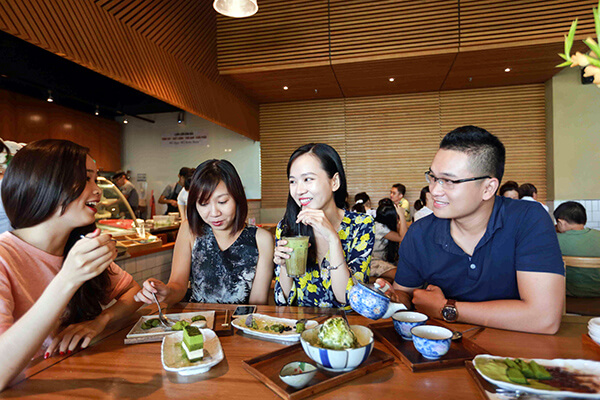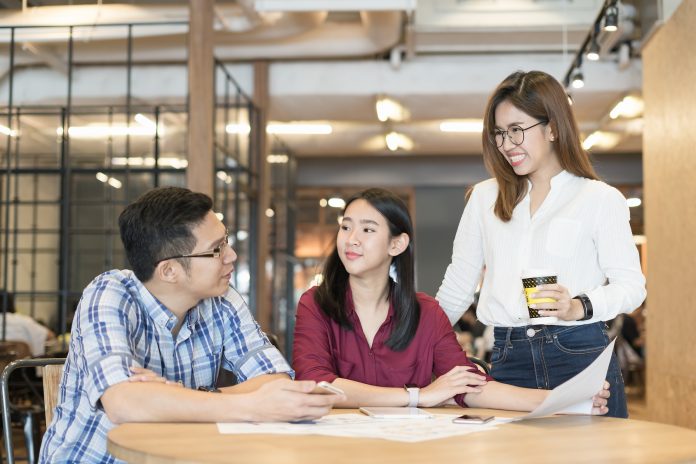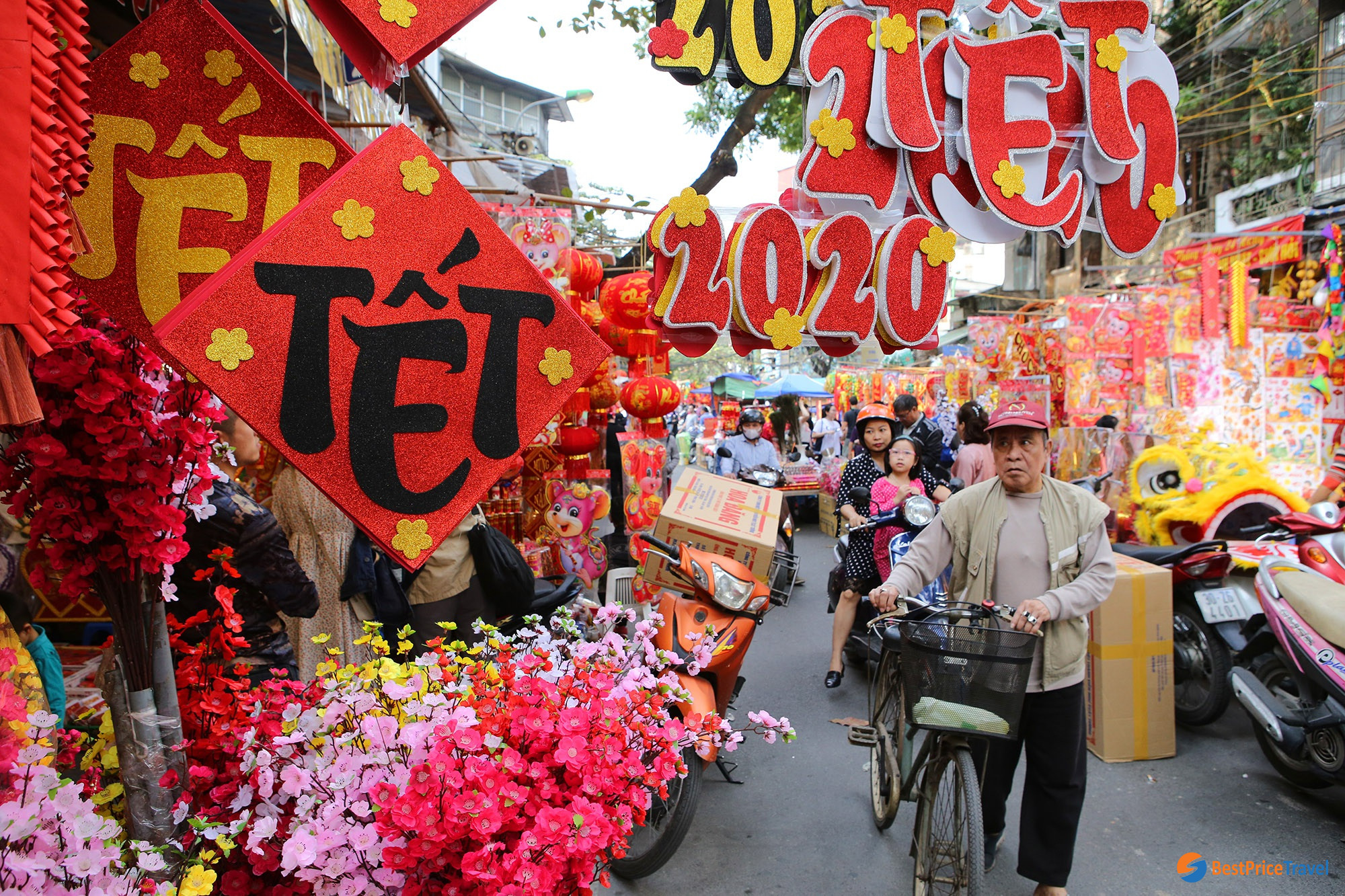Vietnam continues to be a popular investment location, with many foreigners from all over the world flocking to the country to work as expats or start enterprises. However, some people have had difficulties understanding and building positive relationships with the Vietnamese people. If you're one of them, this article somehow can help!
1. Religion
- Confucianism (which is more of a philosophy than a religion) has had a significant influence on Vietnamese culture and thought. The two most popular religions in Vietnam are Buddhism and Christianity, while the majority of the population does not follow any religion and instead worships their ancestors.
2. Working
- Vietnamese employees are quite punctual, especially in business meetings.
- Vietnamese employees usually take meetings at work seriously.
- Gender discrimination is usually not popular in the workplace. However, in some fields, such as technology, politics, and transportation, there is considerably fewer female than male workers, and this has nothing to do with gender discrimination.
- Vietnamese employees usually need to build personal trust with others outside of the office to increase their teamwork and collaboration. This is the reason why companies in Vietnam usually have a budget for team members having dinner or drinking every few months or sponsor some sports activities for team members to play together. In business, a contract is more likely to be signed by inviting the business partner to dinner, drinking, and other entertainment activities.
- Influenced by the hierarchical structure in Confucianism, it is quite common that most Vietnamese employees think that they should respect people who have a higher position or are older than them.
- Vietnamese people are usually hospitable. You may be treated to lunch or dinner by a Vietnamese host, and Vietnamese people also expect the same in return when they are the guests.
3. Communication
During communication, Vietnamese people tend to avoid political topics, especially Vietnamese ones.
- A smile does not always mean “happy”. A smile can also mean:
1. “Hi”
2. I’m trying to look friendly
3. I’m feeling embarrassed
4. I’m sorry that I did something wrong
- Handshake: Not all Vietnamese employees know how to shake hands properly because they may not have been instructed. As a result, a sloppy handshake does not necessarily mean a lack of confidence or impoliteness, it could simply signify that the person does not know how to shake hands properly.
- Vietnamese may begin their response with "Yes" or "OK," but this does not always mean that they mean Yes or OK. It just signifies that they understand what you're saying or asking. After the "Yes" or "OK," comes the real answer. Consider the following scenario:
"What do you think about solution A?"
“Yes. I think that solution A is good but solution B is better." - says the Vietnamese person.
- Because of the differences in linguistic structure, English speakers should avoid asking tag questions because the answer from a Vietnamese can be confusing. For example:
“Solution A isn’t good enough, is it?”
“Yes”, says the Vietnamese person.
The answer “Yes” here means “I agree with you that solution A isn’t good enough”. We should ask this question instead: “Do you agree that solution A isn’t good enough?”
- When a group of Vietnamese is asked for their opinion on anything, if they are silent, that scenario can be interpreted in two ways:
1. The group agrees (or at least has no objection) to the proposal. This is the most probable scenario.
2. The group is surprised or shocked by the proposal.
4. Entertainment
The following entertainment events are quite popular in Vietnam, and you may be invited to them as a guest:
· Eating out and drinking
· Karaoke
· Hanging out at a coffee shop
· Hanging out at bar and pub
5. Dressing
Generally speaking, Vietnamese people dress more casually than Western people. This may be because of the hot weather in Vietnam, particularly in the South.
- A shirt and pants are considered formal enough for business situations.
- People only wear a suit and tie in very important business meetings (such as when signing a contract).
- Employees at foreign-owned businesses now can dress informally. Some companies have a free-style day on Friday or Saturday, so shorts and sandals are permitted in the office.
6. Annual leave and public holidays
- Employees in Vietnam are required to take at least 12 days of annual leave, but some can take up to 20 days.
- Employees in Vietnam do not normally save all of their annual leave for a long trip. Instead, they take several short trips throughout the year.
- Vietnam has 10 days of public holidays, with Tet (or Lunar New Year) being the most important (like Christmas in Western culture). Even though the Tet holiday is just 5 days long, many people make use of their annual leave to extend their vacation.
We hope that you will better understand your Vietnamese employees through this post. Thank you for your reading.
Source: agilevietnam
You would like to rent office space in Ho Chi Minh City, Vietnam?
CJ Building is located at the heart of Ho Chi Minh City where all necessary facilities are at your hands. We offer all solutions for your various requirements of offices. Learn more about our office plans and find the ideal workspace for you and your business to thrive in.
 What the return to the office will look like
What the return to the office will look like  VIETNAM NEWS HIGHLIGHTS - JANUARY 2022
VIETNAM NEWS HIGHLIGHTS - JANUARY 2022  “Hub & Spoke” - A promising trend for the office rental market in Ho Chi Minh City and the potential in Tan Phu
“Hub & Spoke” - A promising trend for the office rental market in Ho Chi Minh City and the potential in Tan Phu  5 Habits That Will Boost Your Workplace Productivity
5 Habits That Will Boost Your Workplace Productivity  Must-have items to keep you productive in office
Must-have items to keep you productive in office  HCM City’s office space market rebounds strongly
HCM City’s office space market rebounds strongly 2 Bis - 4 - 6, CJ BUILDING
No. 6 Le Thanh Ton street, Sai Gon Ward, HCMC
Tel: +84 28 6255 6800 | Fax: +84 28 6255 6801
Email: leasing@cjbuilding.com.vn


